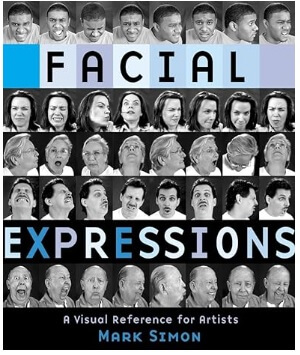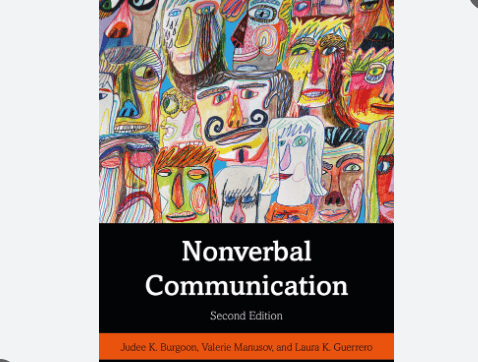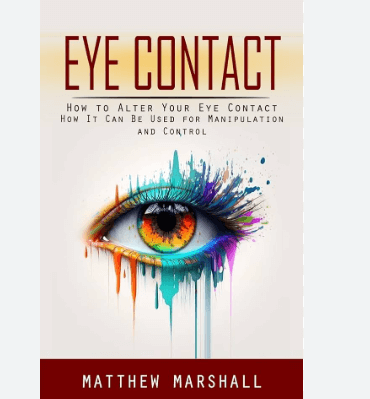Apophasis

- File photo | Credit iStock/Fractal
Apophasis (also known as paralipsis, praeteritio; derives from the Greek term ‘apophemi,’ literally “to say no”), is a figure which consists in the denial of a proposition even as that same proposition is emphasized in the act of denialOpens in new window.
In other words, it is an act of pretense where what the speaker pretends not to mention is at the same time really affirmed or insinuated, as thus:
“I say nothing of your midnight debaucheries, I pass over your riotous and indecorous conduct.”
Apophasis is the precise opposite of CataphasisOpens in new window. The Apophasis (paralipsis, or praeteritio, as it is also known) often occurs when the speaker describes what he will not say, and mentions it, or at least a bit of it, after all. The deceptive trick here, consists in first refuting a certain view in unfavourable terms, then repeating the same view in favourable terms.
The device is in this way, popular with politically-inclined people who slip in inadmissible evidence whilst clearly recognizing that it is not allowed. It is a means to bring something up, drawing it to the attention of the listener (or public), and quickly moves away from the subject leaving it open and incomplete, which leads them only to think about the mystery even more.
Usefulness of Apophasis
Apophasis is an interesting rhetorical figure, it serves various functions, as follows:
- To leave the substance of a sensible subject, or a piece of it, to the imagination of the listener, and to enhance its effect overwhelmingly.
- To gain credit at the expense of one’s opposition, especially where it concerns political views.
- To limit debate over a controversial utterance by offering it as only half-said; when the speaker denies fully saying it, he hopes to make a rebuttal seem uncalled for, and to assign himself a relaxed burden of proof.
- It tends to create amusement if used judiciously .
Ways of Using Apophasis
Forms of using the device are highlighted below, included with typical examples:
A. Withheld details
In certain scenarios of this device, the speaker may choose to leave things unsaid, but nevertheless makes the existence of such things known.
Examples include:
- “There are many other modes of retaliation, which, for several reasons, I choose not to mention. But be assured of this, that the instant you put your threat into execution, a counter-blow will follow it.”
— PAINE, The American Crisis (1783)
- “Gentlemen, I will not disgust this audience; I will not debase myself by any description of the scene that followed; I will not detail the arts, the excitements, the promises, the pledges with which deliberate lust inflamed the passions, and finally over-powered the struggles of innocence and of youth.
— PHILIPS, argument in Creighton v. Townsend (1816)
- “The weather I shall say nothing about, as I am incapable of explaining my sentiments upon that subject before a lady.”
— STEVENSON, letter to his mother (1874)
B. Not exactly saying things as the case may be.
Examples include:
- “Such a policy and principle, I will not call criminal; I will not call it repugnant to the doctrines of all the great authors that ever wrote on government; but it is that very policy, and that very principle, which all of them have pronounced to be the destruction of liberty, and on in particular, such a crime as to amount to a breach of trust, tending towards a dissolution of the state.”
— GRATTAN, speech in the Irish Parliament (1790)
- “Sir, the eulogies are now written, the commendations are already elaborated. I do not say everything fulsome, but everything panegyrical, has already been written out, with blanks for names, to be filled when the convention shall adjourn.”
— WEBSTER, speech in the Senate (1848)
C. Disclaimed statements about other people’s intentions.
Examples include:
- “He then quotes, or attempts to quote, from my speech. I will not say that he willfully misquotes, but he does fail to quote accurately.
- “Sir, we hear constantly a great deal which is rather calculated to awake our passions, and create prejudices, than to conduct us to the truth, and teach us our real interest. I do not suppose this to be the design of the gentlemen. Why, then, are we told so often of an aristocracy?”
— HAMILTON, Speech at New York Ratifying Convention (1788)
D. The thing already known.
Examples include:
- I say nothing of the notorious profligacy of his character; nothing of the reckless extravagance with which he has wasted an ample fortune; nothing of the disgusting intemperance which has sometimes caused him to reel in our streets; — but I aver that he has not been faithful to our interests, — has not exhibited either probity or ability in the important office which he holds.
- “I promised I would not say that she ran Hewlett-Packard into the ground, that she laid off tens of thousands of people and she got viciously fired. I said I will not say it, so I will not say it.”
US President Donald Trump has been noted for constantly using this medium to gain prestige over his adversaries. In 2015, Trump said of fellow Republican presidential candidate and former Hewlett-Packard CEO Carly Fiorina:
In 2016, he tweeted of journalist Megyn Kelly:
- “I refuse to call [her] a bimbo, because that would not be politically correct.”
Sometimes social or other substantive rules prevent certain issues to be discussed, this is where apophasis, paralypsis or praetoritio comes into play allowing speakers say things while feigning not to mention them.
























